These clinical tools and stroke awareness materials have been created by subject matter experts within the stroke system to support best practices.
Click the title for more information and to access the tool or website.

Communication
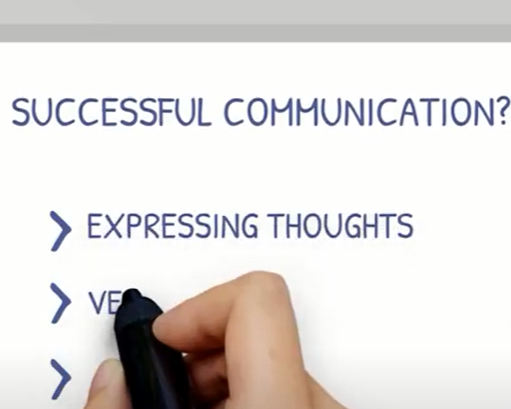
Aphasia - Introduction
This short video is an introduction to aphasia post-stroke.
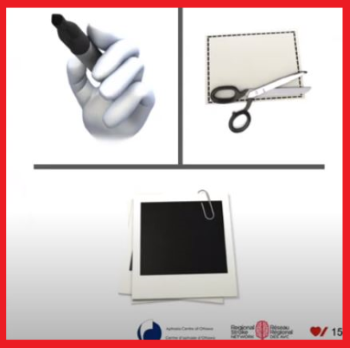
Aphasia - Practical Post-stroke Tutorials
Practical videos to help enhance conversations.

Aphasia Institute e-Module
Supported Conversation (SCA™) eModule

Aphasia Institute (SCA™) Resources
Free pictographic resources called 'Participics' to help facilitate conversations

Aphasia Friendly Toolkit
This new toolkit will help you provide aphasia-friendly materials in your practice.
Available now!
Exercise, Balance & Mobility
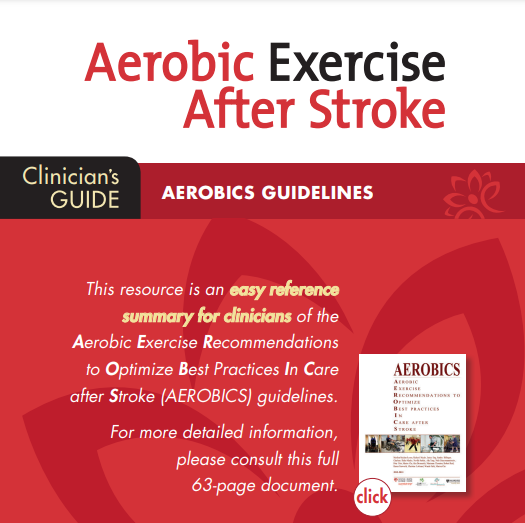
Aerobic Exercise after Stroke - Clinician's Guide
Aerobic exercise can be helpful to improve physical and cognitive recovery
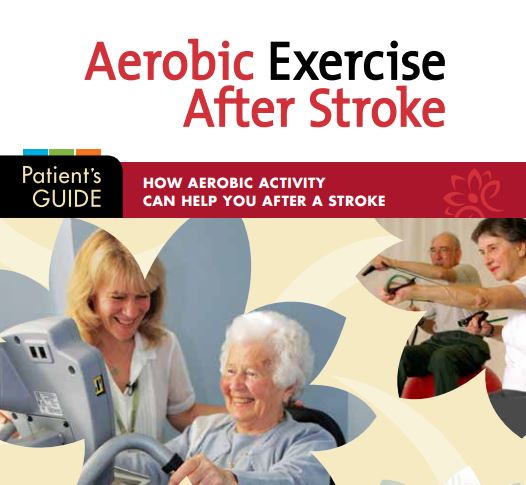
Aerobic Exercise after Stroke - Patient's Guide
Aerobic exercise can be helpful to improve physical and cognitive recovery

Community Post-Stroke Exercise Classes
Free virtual community exercise classes for stroke survivors within the Champlain region
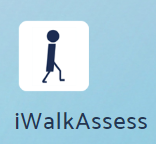
iWalkAssess Approach to Walking Assessment
Clinical toolkit to help physiotherapists use an evidence-informed approach

Reactive Balance Training Toolkit
Helps people practice and improve control of their balance reactions to prevent falls
Life Roles

Driving after a Stroke in Ontario
Patient-focused resources to help guide the stroke survivor's return to driving. Available in several languages.

Driving after a TIA in Ontario
A patient-focused resource to help guide the stroke survivor's return to driving following a trans-ischemic attack.
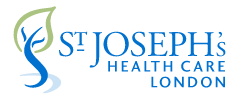
Returning to Driving Toolkit
This toolkit focuses on physical, visual, and cognitive exercises clients can work on while they recover from a stroke.

Intimacy & Sex after Stroke
Information and support to help clinicians address sexual health and intimacy following stroke.
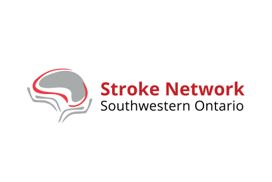
Return to Work Self-Assessment
Self-assessment guide focusing on individual recovery efforts and one's ability or readiness to return to work.
Spasticity
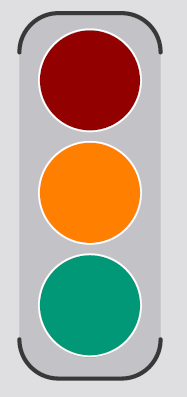
Traffic Light Tool
This is a Post-Stroke Spasticity (PSS) Risk Classification System created for occupational therapists and physiotherapists
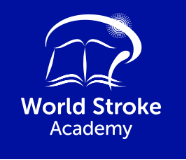
Managing Spasticity: Resources & Insights
Resources from the World Stroke Academy to help manage spasticity post stroke.
Transitions to Home & Community
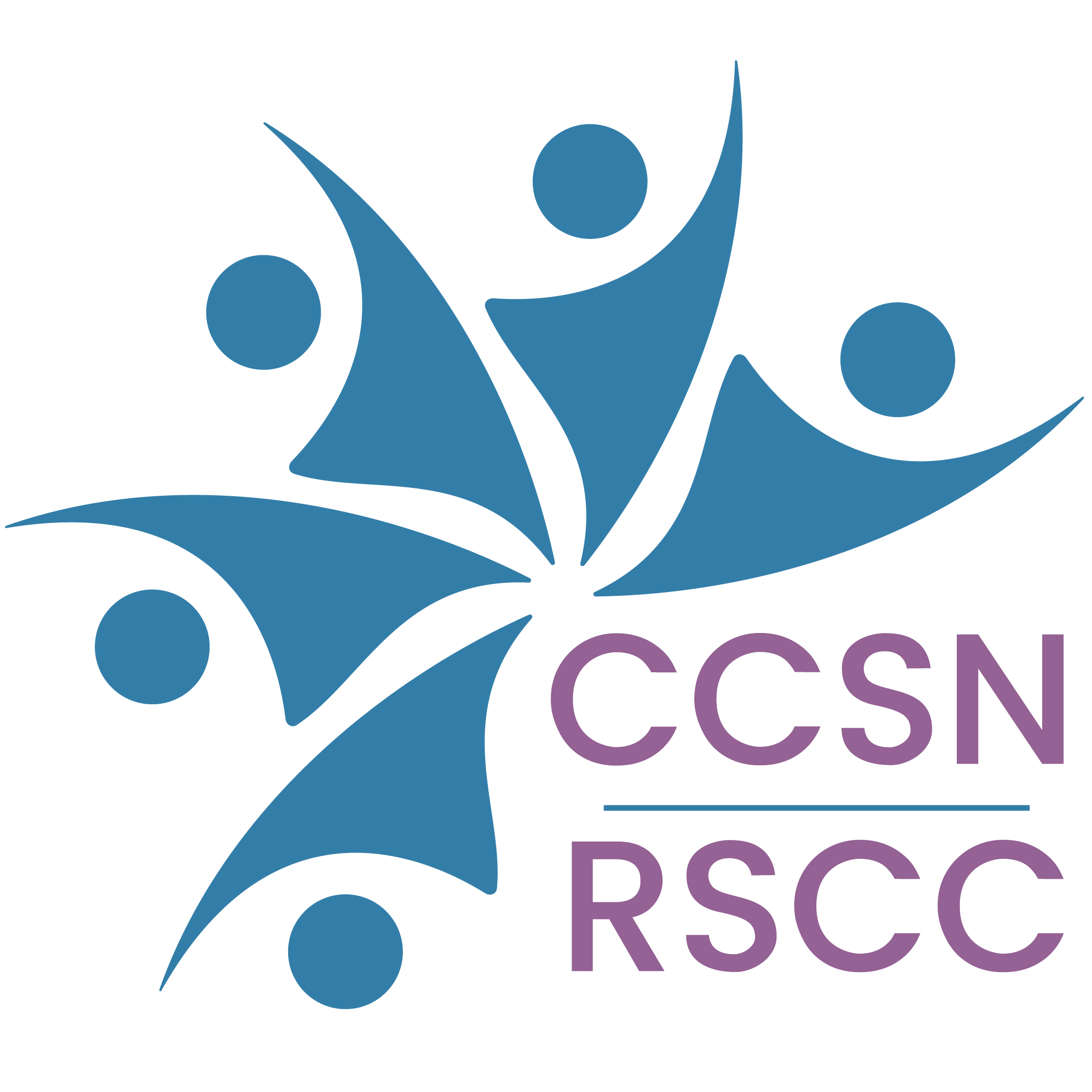
Champlain Community Support Network
A simple way for healthcare providers to access local community support services. Persons with stroke may also self-refer.

Living with Stroke Series
Information from various professionals who are part of a stroke care team, along with stroke survivor stories.
Self-Management Toolkit
Evidence-based practical tools and resources that providers can use to support patients and families.

Stroke in Young Adults
A resource book for young adults with stroke, their families, and caregivers.

Your Stroke Journey
A guidebook for adults who have had a stroke, their caregivers, family members, and friends.
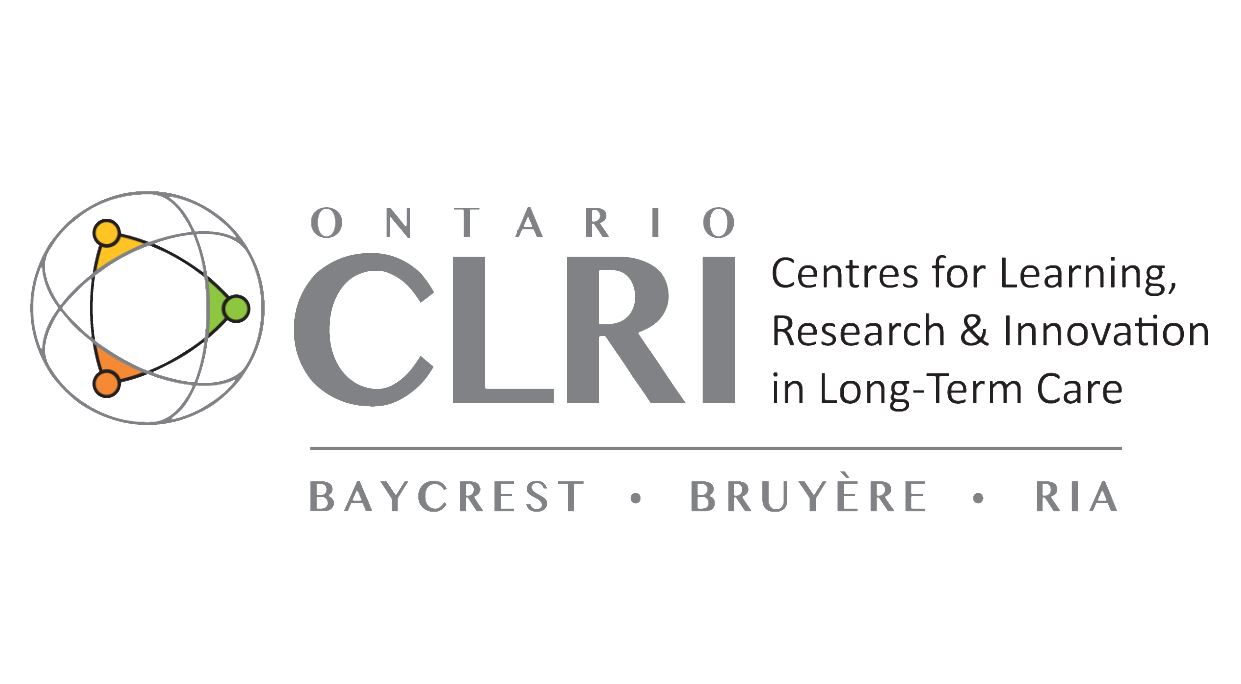
Virtual Creative Engagement for Older Adults
Guide to free virtual services designed to help long-term care teams address under-stimulation and loneliness felt by residents.
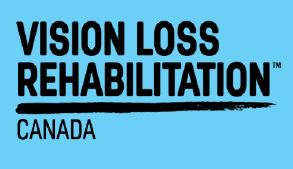
Vision Loss Rehabilitation
Vision Loss Rehabilitation Canada (VLRC) provides a range of services that help individuals with vision loss lead more independent, active lives.
Treatment Guides
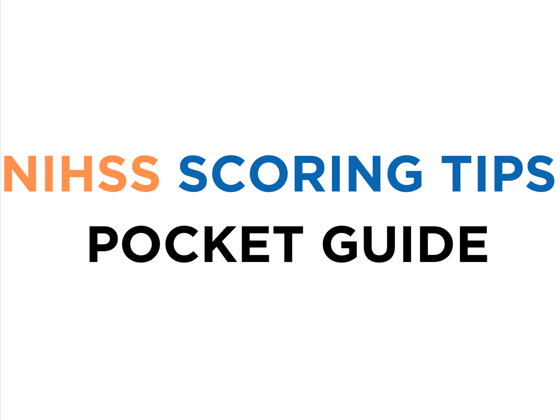
NIHSS Scoring Tips
A pocket guide to help support nurses at the bedside with the completion of the NIHSS. Available in both French and English.
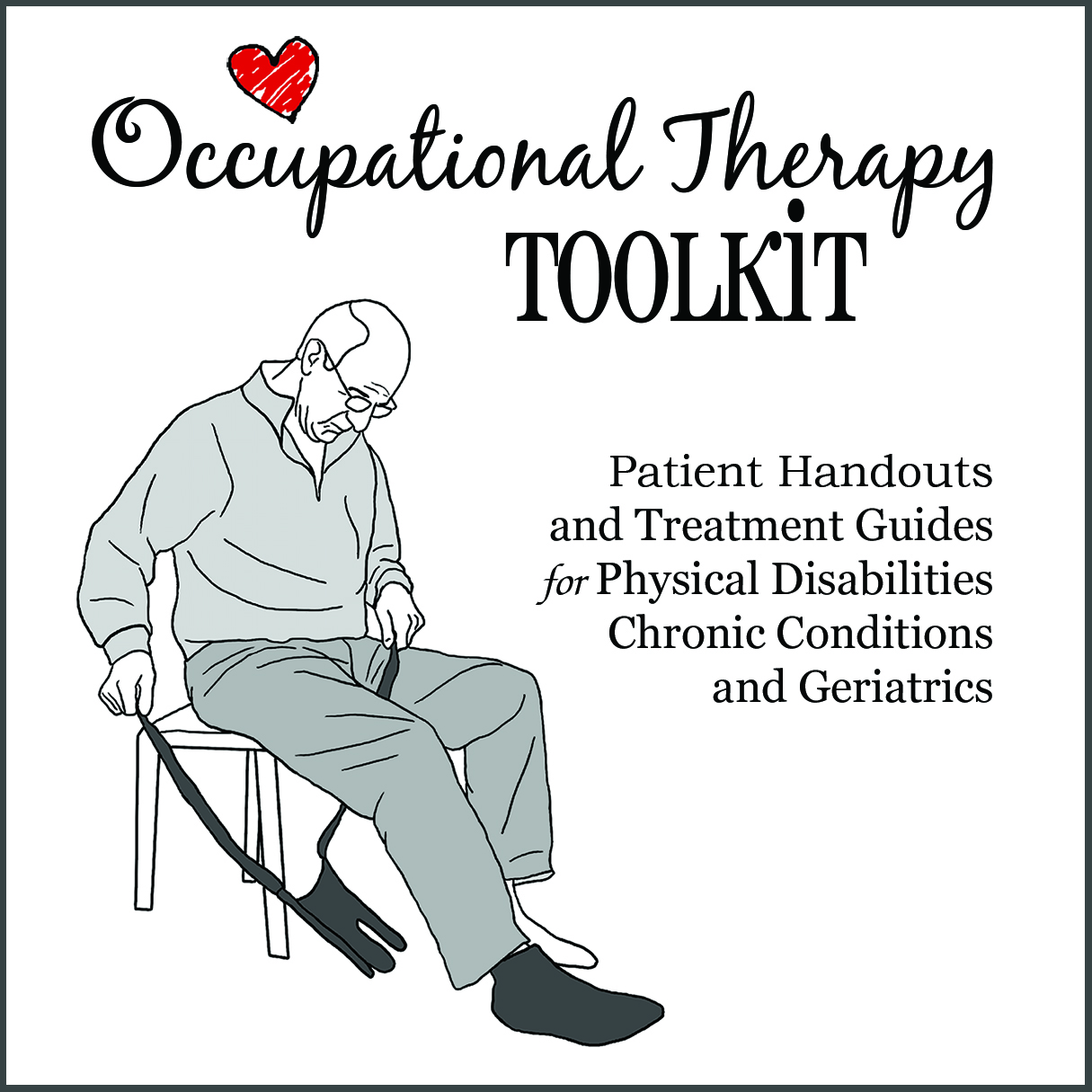
Occupational Therapy Toolkit
A comprehensive, practical resource developed to support occupational therapists

Post-Stroke Checklist
A brief, easy-to-use tool to help healthcare professionals identify post-stroke problems amenable to treatment and subsequent referral.
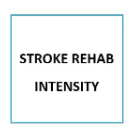
Stroke Rehabilitation Intensity
A module to learn about rehabilitation intensity requirements and why they are important for patient outcomes.
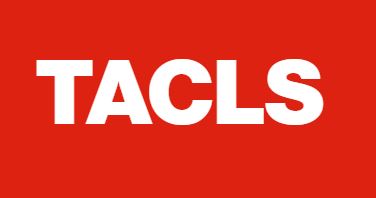
Taking action for Optimal Community and Long-Term Stroke Care (TACLS)
A series of resource sheets for the Canadian Stroke Best Practice Recommendations
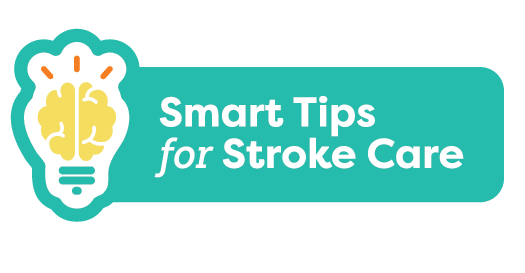
Smart Tips for Stroke Care
Smart Tips for Stroke Care is a collection of 15 fact sheets for PSWs and other healthcare providers working with stroke in the community and long-term care setting.
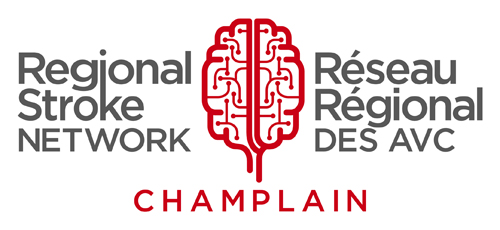
Stroke Rehabilitation – Key Messages and Resources
A reference document for healthcare providers working in stroke rehab.
Upper Extremity Tools
GRASP
The GRASP (Graded Repetitive Arm Supplementary Program) is an arm and hand exercise program for people with stroke. Available free of charge.

Hemiplegic Arm Protocol
A package to assist health care providers in the implementation of the best practice guideline: Management of the Hemi Arm
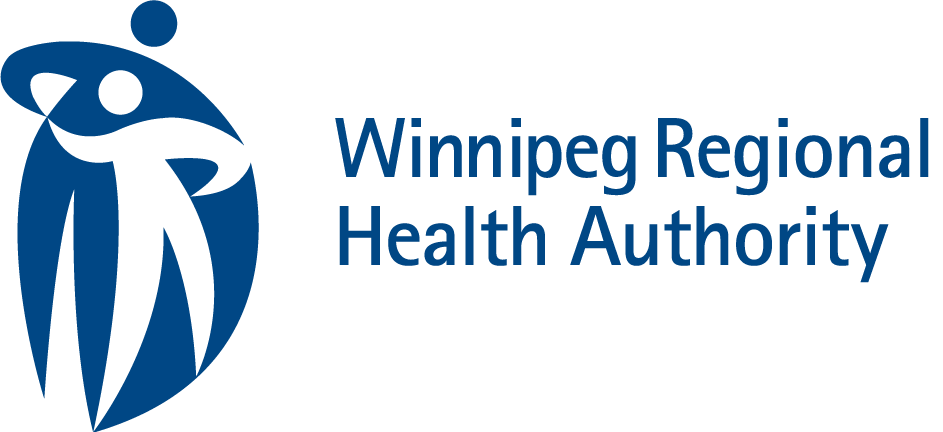
OT Toolkit for Assessment & Treatment of the Upper Extremity
A toolkit to improve the consistency of implementing best practice management of the upper extremity following stroke.
ViaTherapy App
Best practice and evidence-based recovery interventions for upper extremity stroke rehabilitation at your fingertips
